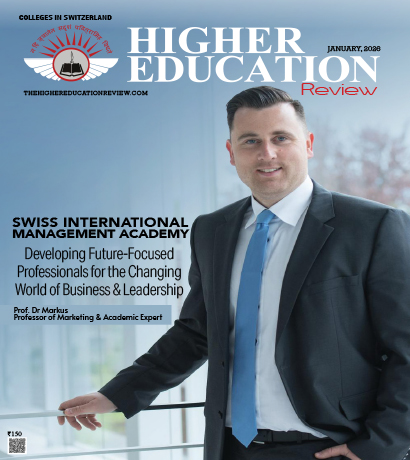Harvard Kennedy School Unveils Contingency Plan for Intl Students

- Harvard offers online and Toronto-based options for students unable to enter the U.S.
- Programs include virtual classes, in-person sessions, and hybrid learning.
- Students face visa issues, travel bans, and increased scrutiny.
The Harvard Kennedy School (HKS) created a contingency plan to assist international students who are hindered from entering the U.S. for the next semester due to travel and visa restrictions. The contingency plan offers two study options.
The first study option is the HKS Global Online Program. This option is available to new students and returning students. It will consist of a quality online instruction delivered by Harvard faculty, offered as a course or as a special course offering, with in-person gatherings, up to three gatherings, taking place in select international cities. These gatherings will consist of not only academic sessions but also co-curricular events.
The second study option is a partnership with the University of Toronto’s Munk School of Global Affairs and Public Policy, available only to returning students. This option will give returning students to take the course entirely through a combination of online study and in-person meetings with Harvard and Munk School faculty. Dean Jeremy Weinstein stated that they will move forward with the plan if there are students unable to travel to Harvard for the next semester.
Also Read: Dubai's New Policy Aims to Secure Jobs for 90% of Graduates
In a letter to the HKS community, Weinstein mentioned, "We are announcing these contingency plans now to alleviate the uncertainty many students feel".
International students, 59% of the HKS student body representing over 100 countries, continue to face problems resulting from actions by the U.S. government. The Department of Homeland Security withdrew Harvard’s certification to enroll international students that required submitting comprehensive information on students.
A court order prevented them from implementing that as of late February, but nonetheless, many interstate visa applications remain stuck. In addition, a travel ban on a small number of countries and a proclamation by the U.S. President Trump restricting entry for academic purposes plus increased scrutiny for reported immigration violations have compounded the challenges. However, some recent court rulings have supported institutions and there appears to be a desire to do what they can to assist international students in an era of uncertainty.

